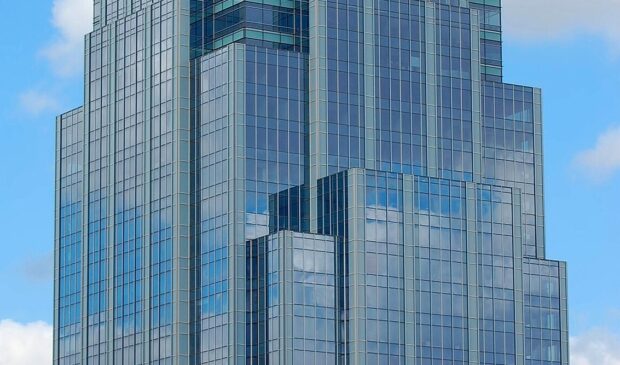Planning Commission checks in on new density bonus program
Friday, June 28, 2024 by
Elizabeth Pagano At their most recent meeting, members of the Planning Commission took the temperature of the city’s newest density bonus program, which is designed to allow developers to build more in exchange for community benefits like affordable housing.
The program, dubbed DB90, replaces the short-lived, now-scrapped VMU2 program that had the same purpose.
In June 2022, Council changed its vertical mixed use (VMU) bonus program to allow for an additional 30 feet in height in return for including things like affordable housing and pedestrian-oriented businesses. The program was known as “VMU2” and was invalidated by the court the following year. This year, City Council implemented a new set of standards, known as the DB90 Combining District to replace that incentive program. In order to participate in the new program, property owners must go through the rezoning process and get approval from City Council, and property owners within 200 feet can protest the rezoning. They must also comply with various development requirements like including a compatibility buffer that includes vegetation when next to certain properties.
Since the adoption of DB90 in February of this year, there have been 43 applications. Of those, said Paul Books, a senior planner in the Planning Department, seven were within an existing vertical mixed use overlay district, and 25 cases were resubmitted after their VMU2 requests were invalidated by the court. In terms of brand-new requests for density bonus entitlements, there have been 11 under DB90.
Brendan Kennedy, who is a program manager in the city’s Housing Department, helped explain the aims of DB90 to commissioners.
“We know that no one tool is a panacea for all affordable housing policy goals. Density bonus programs like DB90 are one tool that we have in the toolkit,” Kennedy said.
In general, vertical mixed use has been a successful strategy for getting more affordable housing in Austin, Kennedy said. In terms of income-restricted units created since 2006, 2,535 are already built. Currently, 733 units are under construction and 995 are in the planning process. Because VMU2 was invalidated and no applications completed the development process before the court struck it down, it never produced any affordable units.
VMU is only one of a number of density bonus programs in the city, but Kennedy explained that the numbers were provided because they were the best existing comparison to VMU2 and DB90.
Books said that at the next Planning Commission meeting, staff would be bringing forward a number of updates to DB90. Those changes will match ground-floor commercial requirements with what is currently required under the vertical mixed use density bonus program and add other commercial uses in office zoning districts. The proposed changes will also align screening requirements between properties with recent changes to citywide policy.
Commissioner Felicity Maxwell took a moment to highlight the interest in the new program and the affordable housing units that were on the horizon.
“I think we, as Planning commissioners, had a concern when we lost VMU2. It had been such an effective tool, and then we had some zoning cases where we really didn’t have that tool in our toolbox anymore. So it’s great to have DB90 coming back,” Maxwell said. “Obviously, having a tool that’s effective and generating those units it really the key thing here.”
The city is currently working on a comprehensive look at the effectiveness of all of the density bonus programs, with a report anticipated at the end of the year.
Photo by LoneStarMike, CC BY-SA 3.0.
The Austin Monitor’s work is made possible by donations from the community. Though our reporting covers donors from time to time, we are careful to keep business and editorial efforts separate while maintaining transparency. A complete list of donors is available here, and our code of ethics is explained here.
You're a community leader
And we’re honored you look to us for serious, in-depth news. You know a strong community needs local and dedicated watchdog reporting. We’re here for you and that won’t change. Now will you take the powerful next step and support our nonprofit news organization?






